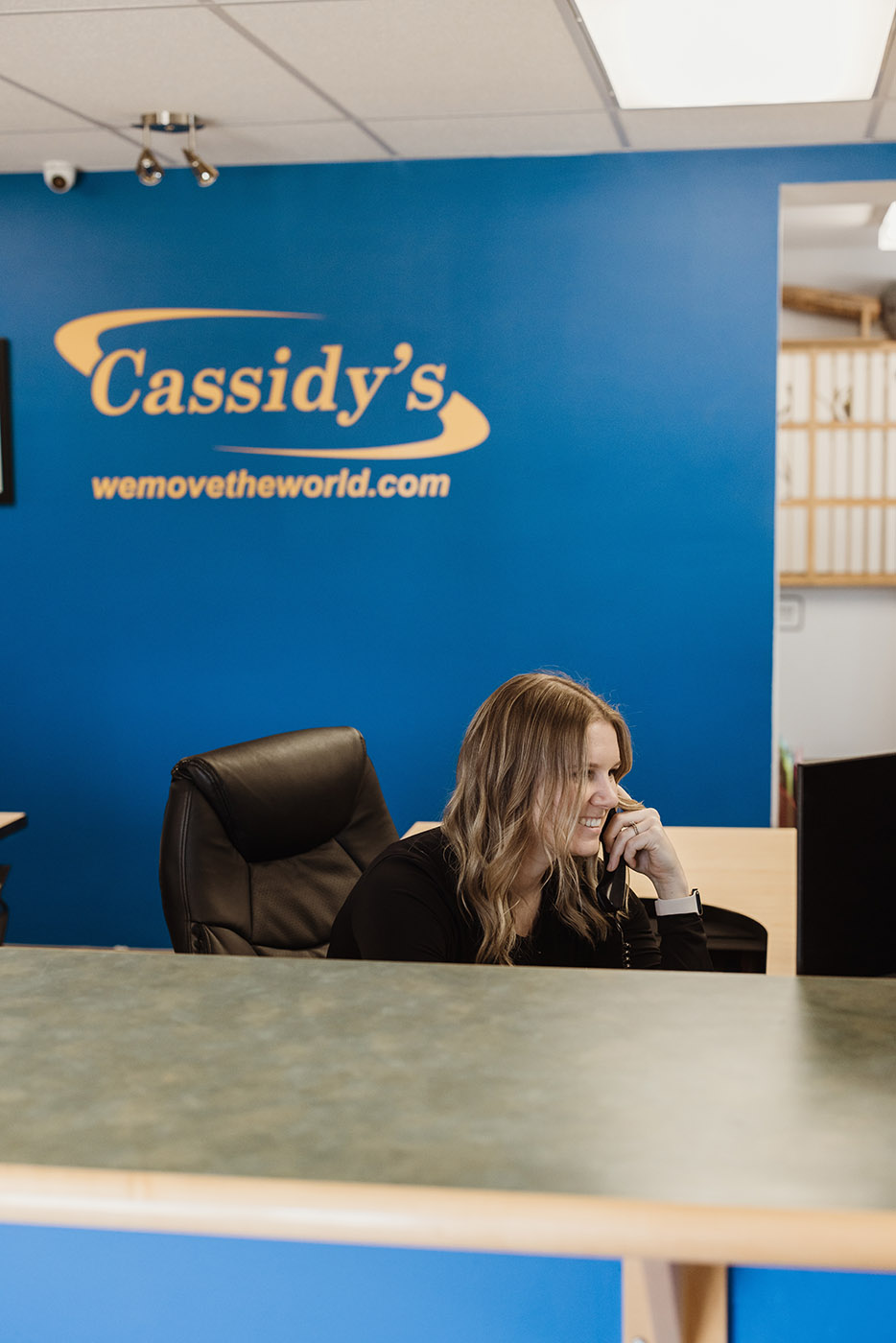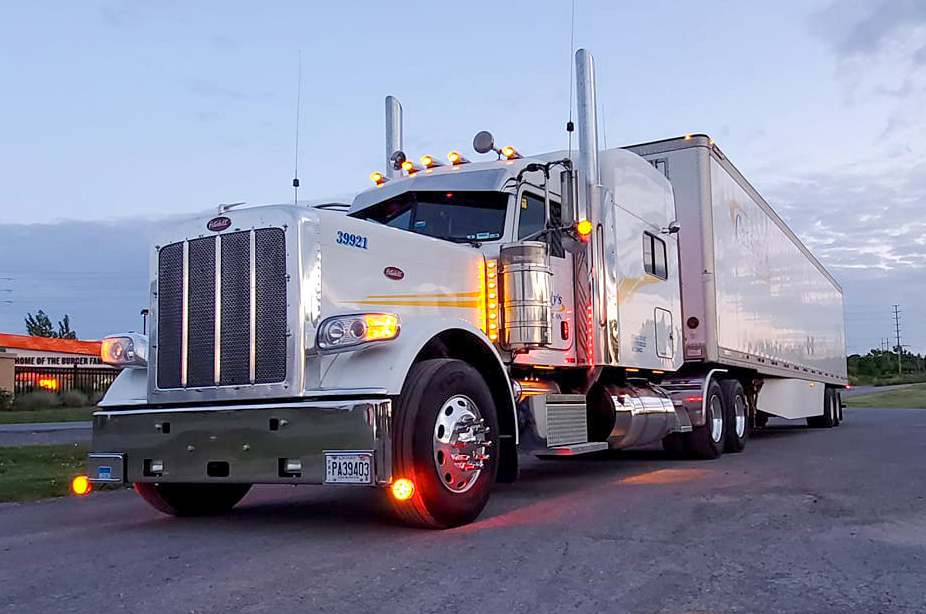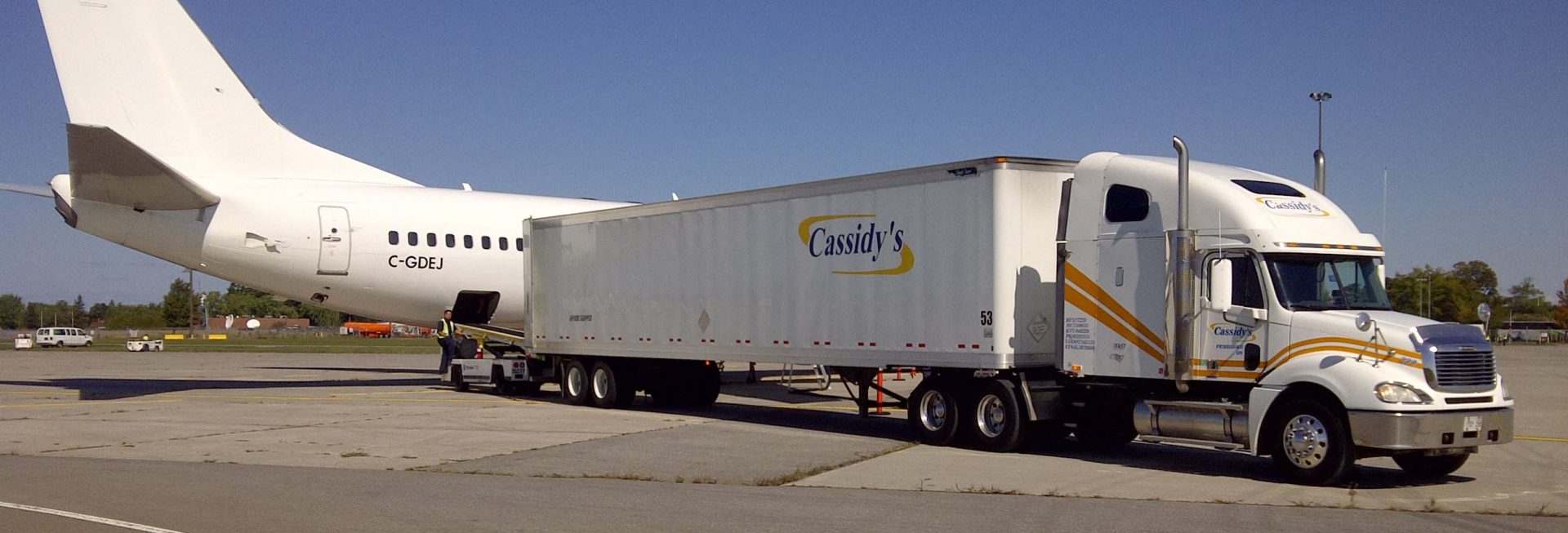How Our Moving Services Work
It all starts when you contact us for your free moving estimate.
- You complete the free estimate form.
- A moving consultant calls to review your move requirements.
- You receive an estimate and we’ll take care of the rest!
“Having moved 6 times in 12 years, we’ve had plenty of recent experience with moving companies. Cassidy’s outdid every other mover.”
Diana Wolfe, Ottawa
Your Ottawa To Montreal Moving Company
We’re one of Canada’s Best Managed Companies and a proud Canadian Association of Movers member with an A+ rating from the Better Business Bureau. We’re also 100% Canadian-owned and operated.
Through our partnership with United Van Lines (Canada’s largest moving network), your belongings will travel the 200+ kilometres to Quebec‘s largest city with care and professionalism.
Cassidy’s professional Ottawa to Montreal movers will take the stress out of your moving experience so that you can enjoy the adventure of settling into a new home and city. We’ve been moving people and their possessions locally and around the world since 1908, and we have the experience of hundreds of different kinds of long distance moves.

Ottawa To Montreal Moving FAQs

Yes, all United Van Lines documentation is available in both English and French to meet Quebec’s language requirements.
The client is responsible for advising if a permit is required and covering the cost of the permit. Our team works with the destination member to assist with the permit process to ensure smooth delivery to your new address.
Yes, there is a 1,000 lb minimum weight requirement. Your Moving Consultant can provide details and help you understand how this applies to your specific move.

Moving Reviews
Why Choose Cassidy’s As Your Ottawa To Montreal Movers
Montreal Neighbourhoods We Move To
- Downtown Montreal
- Old Montreal
- Le Plateau-Mont-Royal
- Mile End
- Outremont
- Westmount
- Griffintown
- Verdun
- NDG (Notre-Dame-de-Grâce)
- Rosemont–La Petite-Patrie
- Hochelaga-Maisonneuve
- Saint-Henri
From the cobblestone streets of Old Montreal to the vibrant boroughs across the island, Cassidy’s delivers throughout Montreal and surrounding areas.
Our team is experienced in navigating the city’s unique neighbourhoods, including areas with narrow streets and specific parking requirements.
No matter which Montreal neighbourhood you’re moving to, Cassidy’s delivers with care. Contact us today to start planning your move from Ottawa to Montreal.
Trusted Partners
Cassidy’s is a long standing and respected member of the moving industry. We strive to uphold the very best in service, standards, and care no matter how far you’re moving.
We are members of the following organizations:
- United Van Lines
- Canadian Chamber of Commerce
- Canadian Association of Movers
- Air Miles



